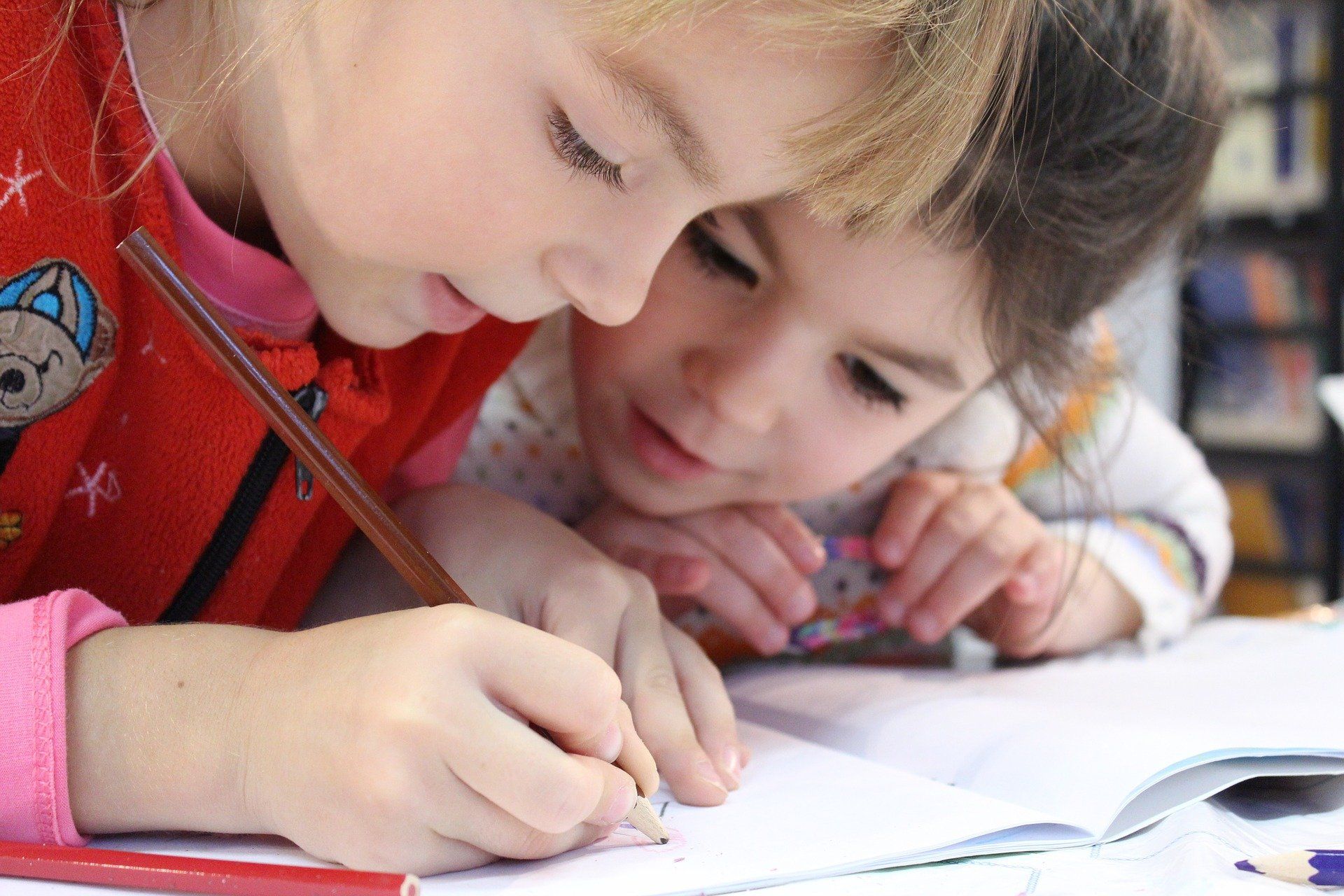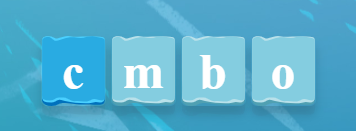Why Spelling is Important for Children


With technological aids becoming more prominent in everyday life, it’s easy to overlook the importance of spelling and how teaching spelling to your child from a young age can improve their overall academic journey.
Spelling is a crucial component of the English language, and a foundational skill that your child will carry throughout their academic and professional life. Let's look at some of the reasons why spelling remains vitally important for children!

Written and Verbal Communication
Humans are highly sociable beings and need to be able to communicate effectively, in both written and verbal forms. Even in a digital age, where handwriting may be less common practice, writing remains one of our main forms of communication, with billions of texts, emails, and instant messages sent every day. It is really important that children learn correct spelling practices and avoid spelling mistakes from a young age, as this will enable them to process, retain and relay information more easily.
Learning how to spell can also have a huge impact on children’s reading comprehension and phonics. When a child is able to recognise written words by the way they’re spelt, they can quickly identify the relationship between the words they’re reading and the meaning behind them. It will also improve general decoding skills, as your child will progressively learn that the same word can have multiple meanings, therefore enabling them to recognize not only the word itself, but also its intended meaning. 📚
Additionally, learning more spellings widens a child’s vocabulary and exposes them to a richer set of linguistic patterns! This will improve their understanding of the English language as a whole, consequently improving the accuracy and sophistication of their communication.
Articulation and Phonetics
Often children (and adults!) will resort to spelling words as they sound, as our primary attempt at communication is, in most cases, the spoken word. This can sometimes cause confusion and misunderstandings, especially in younger children. It is important to teach children that sometimes the sounds and words we hear are not exactly spelled in the same way!
Spelling is an important skill to develop in relation to phonetics (sounds) and phonemic awareness. It teaches children how to correctly link distinct sounds to the correct letters, helping them to learn the differences between, for example, vowels and consonants - which is crucial to children improving their articulation. 📖
As all vowels make an open-mouthed sound, it is easier for young children to pronounce and recognise, both in written and spoken word. Consonants are slightly trickier, often requiring children to pay closer attention to each distinct sound, in order to successfully pronounce words correctly. Knowing spellings of words beforehand really makes this easier!
Functional Skills (note taking, planning/making lists, …)
Functional skills can be defined as attributes that can be used in many different settings. A functional skill linked to spelling can be something like making lists. Whether writing a to-do list or a letter to Santa 🎅, spelling is one of the key skills to have in order to transmit clear instructions. This is especially important if shared with others!
Applying correct spelling rules can impact how well we share and understand information, whether we record it for ourselves (for example, in note-taking form), or to offer information to others, (like creating a plan or a step-by-step guide on how to achieve something). If we fail to use correct spelling, or allow spelling errors, this may result in miscommunication!

Technology and Attention to Detail
Spelling has in many ways become easier than ever, with corrective technology being at the forefront of most educational and professional methods of work. Features such as built-in autocorrect tools can easily make us feel as though spelling is not a necessary skill to have. However, technology isn’t always right!
Built-in “spellchecker” technology in phones and computers only correct based on what you type into them. Too often we take it for granted that the device will autocorrect for us. If our spelling skills aren’t strong in the first place, autocorrect can actually “overcorrect” and deviate from what we’re trying to communicate to others - a classic example is people misspelling definitely, and spellchecker autocorrecting it to defiantly. Sigh.
The ability to spell therefore improves our attention to detail and enables us to spot mistakes in others’ work, who may have relied on autocorrect - it’s not always their friend!
Life doesn’t come with a spellchecker! Prepare your child for that with regular spelling practice.
Fun fact: did you know that the term spellchecker can be spelled in 3 different ways? These are - spellchecker, spell checker and spell-checker!
Spelling accuracy is also essential when using new forms of technology, such as ChatGPT. These systems rely on precise language to understand and and interpret the information given to them. Misspelled words can lead to confusion and errors in the responses your child will receive. To avoid this, encourage your child to double-check their spelling before hitting send. Even small mistakes can impact the accuracy of the AI-generated response. By putting in the effort to spell correctly, they'll ensure that they get the best possible results.
Opportunities and Public Perception
Spelling plays a big role in how we present ourselves to others. Whether we’re taking part in a writing competition or applying for an extracurricular activity or club, showing correct English spelling practices can have a lasting impact on someone’s impression of us!
The development of spelling skills contributes to a secure educational foundation, which will be needed at all times throughout a person’s educational and professional journeys. By establishing a strong, well-rounded set of basic spelling skills, we are ensuring that children are set up for success!
How can you teach spelling effectively?
Teaching spelling can be challenging, whether you’re a teacher, an avid writer, or a homeschooler. This becomes even more difficult if your learner demonstrates a particular disinterest for learning, or has been diagnosed with a condition that makes it harder for them to learn. For example, dyslexia is a particularly challenging learning condition in regard to developing spelling skills, and is increasingly being diagnosed in children.
Every single child is unique and can learn in various different ways, and having specific learning needs does not mean that they’re less capable of being excellent spellers! Here are some great ways to encourage your child to build great spelling skills:

- Put together a list of words your child has found challenging to spell on a weekly/monthly basis depending on your child’s current spelling ability, including any new words introduced to your child at school. Once this spelling list has been created, get your child to become accustomed to the way they look. Even if they’re not sight words, you’ll be giving your child the chance to work on memorization, which will in turn allow them to recognize said words easily. Once they’re familiar and comfortable with the words on the list, move on to new ones!
- Get your child accustomed to high frequency words - these are words that we see/read/use on a regular basis. As they’ll be exposed to these words the most, it should become easier and easier to recognize and understand these common spelling patterns. You can even set up stress-free spelling tests for your child to consolidate their new knowledge!
- Help your child develop a spelling system that works for them. While English has its own spelling system, which consists of a defined set of rules used to correctly represent spoken words, you can build your own ways, or “rules” to make spelling a little easier for your child - think “cheat sheet”!
- Encourage spelling exercises on a regular basis. Practice makes perfect, and consistency is key to develop confidence in writing in general, and a big part of that is being a good speller!
- Play word games and improve your child’s spelling with interactive lessons! If you’re looking for further spelling instructions by English language experts, check out Night Zookeeper! Our gamified approach to learning makes writing fun and engaging for your child, while helping them develop key literacy skills, including spelling!
- For expert advice and activities to develop spelling skills, visit our spelling pages.

If you're on the hunt for the perfect spelling program, you're in luck! Night Zookeeper offers a range of award-winning spelling lessons, challenges, and games that'll make learning to spell fantastically fun for your child.
Sign up today to get a FREE 7-day trial!
Got any questions about the program? Email us at support@nightzookeeper.com. Follow us on social media for more tips and activities:


Make Reading & Writing Fantastically Fun!
- Award-winning reading & writing program for kids
- Improves spelling, grammar, punctuation & vocabulary
- Over 1,000 different learning games and activities


“My child hates writing.” What do I do?


Why Is Grammar Important For Children To Learn?


How to Write a Paragraph


